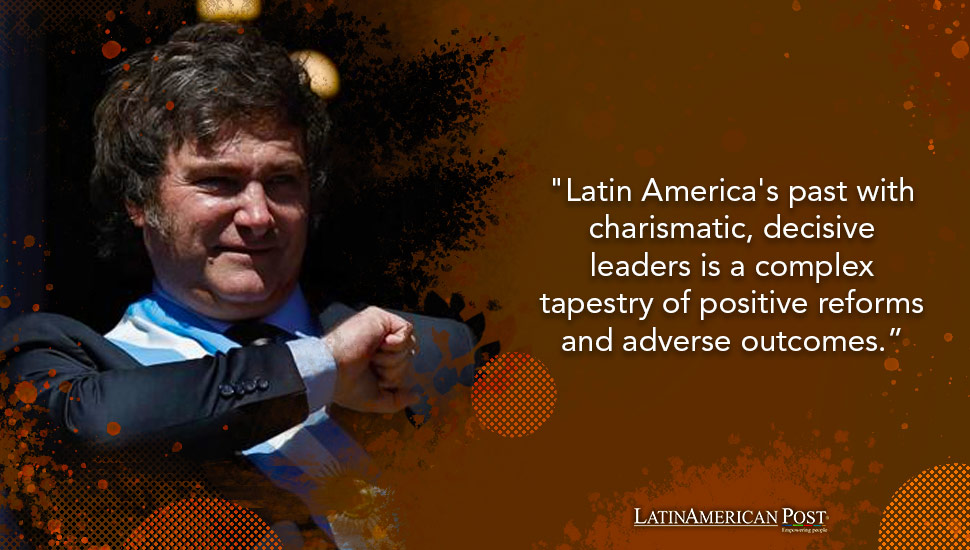Argentina’s Milei Ushers in a New Era of Resolute Leadership

As Argentina embraces President Javier Milei’s bold approach, Claudia Piñeiro’s recent criticisms stand in stark contrast. Her views seem out of sync with the current political climate that values decisive action and economic freedom over reticent and divisive rhetoric.
In her latest release, “Escribir un silencio,” celebrated Argentine author Claudia Piñeiro compiles a series of her published texts and speeches covering a range of social and political topics. Among her primary concerns is what she describes as the troubling shift from far-right rhetoric to action in Argentina under President Javier Milei’s leadership. However, contrary to Piñeiro’s perspective, many see Milei’s rise as a necessary pivot towards assertive leadership and economic reform in a nation that has long struggled with political inertia and economic stagnation.
While Piñeiro points to a correlation between Milei’s rhetoric and subsequent acts of violence and intolerance, it’s essential to scrutinize whether these actions are directly attributable to his policies or rather a misinterpretation or misuse of his ideological stance. Milei’s administration has championed significant economic reforms and has been vocal about reducing the state’s role in private enterprises and individual lives, promising a return to financial stability in Argentina.
Historical Context of Political Rhetoric
Latin America’s past with charismatic, decisive leaders is a complex tapestry of positive reforms and adverse outcomes. While critics like Piñeiro draw parallels between Milei’s rhetoric and historical instances where political speech incited violence, it’s crucial to delve into the broader context. Many Argentine citizens view Milei’s approach as a necessary step to combat the deep-rooted corruption and economic mismanagement that previous, more moderate administrations failed to address. Understanding this historical context can enlighten and inform our perspective on Milei’s leadership.
One of the pillars of Milei’s platform is the implementation of stringent economic policies aimed at reviving Argentina’s economy. Critics arguing from a cultural or socially progressive standpoint, like Piñeiro, may overlook the urgent economic reforms vital for the country’s recovery. Milei’s focus on enhancing Argentina’s financial health is seen by many as a pragmatic approach to governance that prioritizes long-term benefits over short-term appeasement.
Addressing the Claims of Cultural Attacks
Piñeiro also accuses Milei’s government of undermining cultural freedoms through legislative and discursive attacks. However, it’s worth debating whether these claims reflect a necessary recalibration of funding and support, redirecting resources to more critical public welfare and economic development areas. The portrayal of cultural sectors as victims might ignore the broader necessity for a balanced resource allocation, especially in economic recovery.
As Argentina navigates through this pivotal phase under Javier Milei’s leadership, it’s our collective responsibility to ensure public discourse remains grounded in objective assessment, free from the sway of ideological biases. Claudia Piñeiro’s “Escribir un silencio” contributes to Argentina’s rich tapestry of political debate. However, as the country stands on the brink of significant transformation, the focus should arguably shift towards constructive support for policies that promise economic revival and societal stabilization. In this context, leadership like Milei’s, driven by action and reform, might be what Argentina needs to break free from its cyclical challenges. By engaging in this call for objective assessment, we can actively contribute to Argentina’s future.





